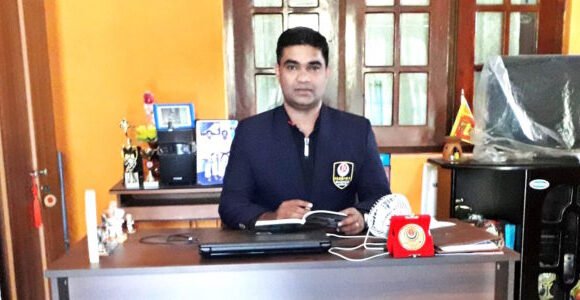
Hate Speech and Fake News: The Context of Violence in the US Capitol
Tharika Hewage
The violence in the US Capitol that erupted on 6th January 2021 that killed 5 people is a recent example of how hate speech can lead to violence and hatred among different factions in society. This incident that erupted due to tweets made by the former US President Donald Trump, is an ideal example of how spread of hate speech through social media would result in violence. Another example of the spread of fake news that happened in recent history is the spread of false news and mudslinging at the candidates during the 2015 presidential election of the USA. These incidents connote the fine line between freedom of expression and hate speech/fake news. Some may try to disguise hate speech as an exercise of freedom of expression and its corresponding right to information.
The spread of fake news and hate speech is a clear violation of international treaties that recognize the human right of freedom of expression. The United States ratified the International Covenant on Civil and Political Rights (ICCPR) in 1992. Further, freedom of expression received international recognition in international treaties, where it was firstly recognized as a human right in Article 19 of the Universal Declaration of Human Rights (UDHR). The ICCPR, which was implemented to distinctly identify civil and political rights, recognizes freedom of expression as a human right in Article 19, which states that ‘Everyone shall have the right to hold opinions without interference (Paragraph 1). Everyone shall have the right to freedom of expression; this right shall include freedom to seek, receive and impart information and ideas of all kinds, regardless of frontiers, either orally, in writing or in print, in the form of art, or through any other media of his choice (Paragraph 2). The exercise of the rights provided for in paragraph 2 of this article carries with it special duties and responsibilities. It may therefore be subject to certain restrictions, but these shall only be such as are provided by law and are necessary: (a) for respect of the rights or reputation of others; (b) for the protection of national security or of public order, or of public health or morals’. Despite the restrictions imposed on freedom of expression in the ICCPR, the actual implementation of such restrictions has been minimal, as can be seen in the recent history of the USA.
The strict implementation of international law in the context of the spread of hate speech is mandatory as can be seen with the violence in the US Capitol. To prevent the spread of fake news and hate speech, it is mandatory that surveillance and monitoring of fake news and hate speech should take place on social media platforms. Strict regulations should be implemented, and penalties should be imposed on offenders. The public, especially victims of hate speech, should be encouraged to immediately report hate speech related crimes. Further, education on media ethics focusing on the rights and freedoms of journalists and their role in creating peaceful societies is imperative to curb the spread of hate speech and fake news. The spread of hate speech when the media institutions are politically biased is a situation that should be avoided, by educating media personnel on the importance of curbing the spread of hate speech, to promote a healthy social environment among all the political factions of the society.







